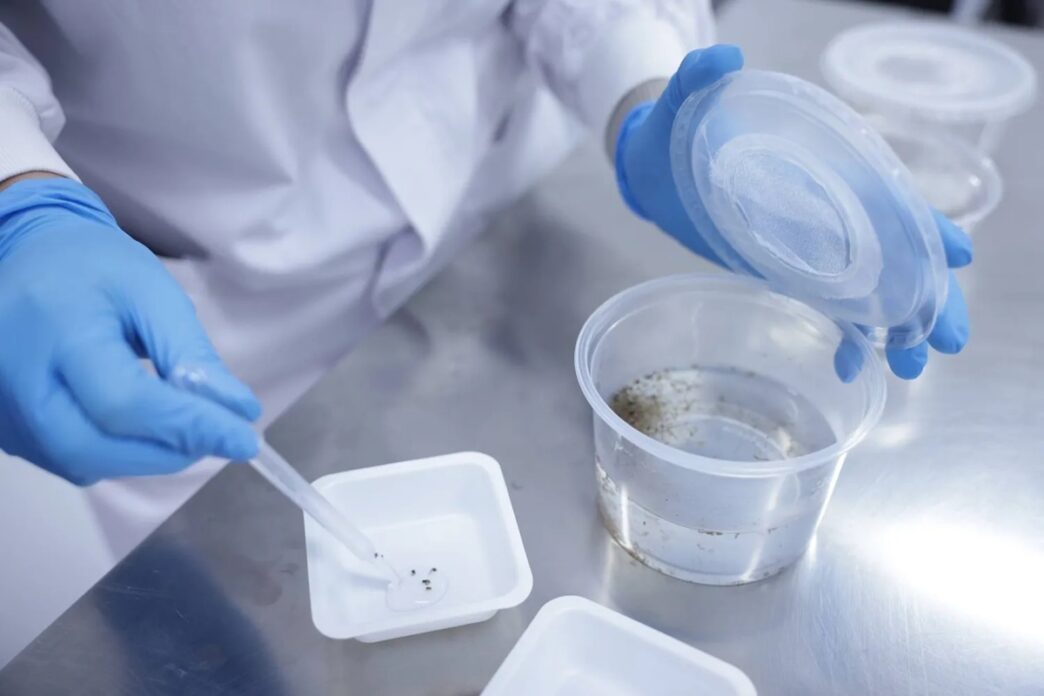The World Health Organisation (WHO) has issued a stark warning about the rapid rise of drug-resistant bacterial infections, cautioning that the growing threat could make once-treatable diseases deadly and undermine decades of medical progress.
According to new WHO data released on Monday, one in six laboratory-confirmed bacterial infections recorded worldwide in 2023 showed resistance to antibiotics, signalling a worsening global health crisis.
“These findings are deeply concerning,” said Yvan J-F. Hutin, head of the WHO’s antimicrobial resistance (AMR) department. “As antibiotic resistance continues to rise, we’re running out of treatment options and putting lives at risk.”
Antibiotic resistance occurs when bacteria evolve to withstand the drugs designed to kill them, a process accelerated by the widespread use of antibiotics in humans, animals, and food production. WHO estimates that AMR superbugs directly cause more than one million deaths each year and contribute to nearly five million more.
The report examined resistance across 22 commonly used antibiotics that treat infections in the urinary tract, gastrointestinal system, bloodstream, and for sexually transmitted infections such as gonorrhoea.
Over the five years leading up to 2023, antibiotic resistance increased in more than 40 per cent of the drugs monitored, with yearly growth rates of between five and 15 per cent. For urinary tract infections, resistance to commonly prescribed antibiotics exceeded 30 per cent globally.

The findings also revealed that over 40 per cent of E. coli infections and 55 percent of Klebsiella pneumoniae infections are now resistant to third-generation cephalosporins, the preferred treatment for such cases. These bacteria can cause severe bloodstream infections leading to sepsis, organ failure, and death.
WHO Director-General Tedros Adhanom Ghebreyesus warned that antimicrobial resistance “is outpacing advances in modern medicine” and poses a mounting threat to global health.
While the organisation acknowledged improvements in global surveillance, it revealed that nearly half of all countries — about 48 per cent — still fail to report any AMR data. “We are definitely flying blind in a number of countries and regions that have insufficient surveillance systems,” Hutin admitted.
Resistance rates were found to be highest in Southeast Asia and the Eastern Mediterranean, where one in three reported infections were resistant to antibiotics. In Africa, one in five infections showed resistance. WHO experts linked these figures to weaker health systems and limited diagnostic capacity.
With few new antibiotics in development, WHO warned that the combination of rising resistance, high antibiotic use, and a shrinking drug pipeline poses a serious “future threat.”
“The increasing antibiotic use, the increasing resistance and the reduction of the pipeline is a very dangerous combination,” Hutin cautioned.


 Trending
Trending 











